Embracing a chemical-free lifestyle extends beyond our diets and cleaning habits; it also plays a crucial role in how we handle pests in our homes. Fortunately, eco-friendly pest solutions not only exist but are often more effective and safer for our families and the environment. This guide will introduce you to ten simple yet powerful methods to keep your home pest-free, naturally.
1. Intro to Herbal Repellents
Herbs are not just for cooking; they serve as great allies in our fight against household pests. Natural repellents such as lavender, mint, and basil emit pleasant aromas for humans but are deterrents for many insects. Placing pots of these herbs near entrances can prevent pests from entering. For specific advice on using herbs as pest control, checking out resources on herbal pest repellents provides an extensive range of options.
2. Diatomaceous Earth: Nature’s Insecticide
Diatomaceous earth is a powder made from the fossilized remains of tiny aquatic organisms called diatoms. Its abrasive and absorbent properties make it lethal to insects yet harmless to humans and pets. By sprinkling diatomaceous earth around the home, especially in areas where pests are frequent, you can create a barrier that is effective against cockroaches, ants, and even bedbugs.
3. Neem Oil: A Versatile Pest Control Solution
Extracted from the seeds of the neem tree, neem oil is celebrated for its pest repellent qualities. This natural pesticide works by disrupting the life cycle of pests at various stages, making it a versatile solution. It’s safe to use on most plants and can be applied directly to the soil to combat soil-dwelling larvae and nematodes.
4. Beneficial Insects: Allies in the Garden
The concept of using insects to fight off pest infestations might seem counterintuitive at first. However, introducing beneficial insects such as ladybugs and lacewings into your garden is a proven method of natural pest control. These predators feast on common pests like aphids and mites, providing a balanced ecosystem in your backyard.
5. Essential Oil Blends for Pest Prevention
Essential oils are not only useful for aromatherapy but also for deterring pests. Creating blends of oils such as eucalyptus, peppermint, and tea tree can produce a potent spray that wards off insects. Spraying essential oil blends around windows, doors, and baseboards can keep your home pest-free without the use of harsh chemicals. Effective essential oil products from Best Bee Brothers like Shake + Shield Bed Bug Room & Linen Spray, Lemongrass + Verbena Citronella Candle and more at bestbeebrothers.com.
6. Companion Planting: Nature’s Pest Deterrent
Companion planting is a time-honored gardening practice that utilizes the natural properties of plants to protect each other from pests. By planting marigolds among your vegetables, for example, you utilize their natural ability to repel nematodes and other pests. This method not only enhances the beauty of your garden but also employs a chemical-free means of pest control.
7. Physical Barriers for Pest Control
Sometimes, the most effective pest control methods are the simplest. Physical barriers such as nets, copper tapes, and window screens can provide a protective shield against pests. Applying physical barriers in strategic areas around your home can significantly reduce the likelihood of pest infestations without needing to resort to chemicals.
8. Boric Acid: A Safe Solution for Roach Removal
Boric acid, a naturally occurring compound, is a safer alternative to conventional insecticides for combating roach infestations. It acts as a stomach poison for roaches and can be used as a bait in powder form. When used correctly, boric acid is an effective tool in your eco pest solutions toolkit, but it should be applied carefully to avoid areas accessible to children and pets.
9. Homemade Insecticidal Soaps
Insecticidal soaps, made from a simple mixture of soap and water, can be sprayed directly onto pests, such as aphids and spider mites, dissolving their exoskeleton and causing dehydration. These soaps are safe for most plants and can be a crucial component in your pest management strategy. What’s more, they can be easily made at home with common household ingredients, aligning perfectly with a chemical-free pest solution approach.
10. Maintaining a Clean Home to Prevent Infestations
A crucial but often overlooked aspect of pest control is maintaining cleanliness. A clean home is far less attractive to pests, as it deprives them of their food sources and hiding spots. Regular cleaning, proper food storage, and decluttering can go a long way in preventing infestations. Emphasizing the importance of a clean and organized home is perhaps the most environmentally friendly pest management method available.

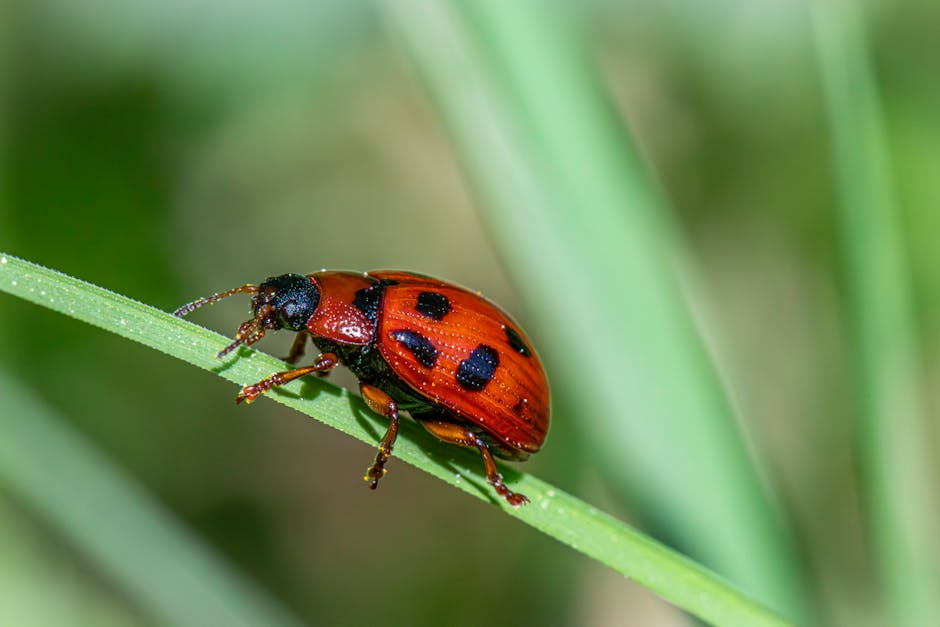


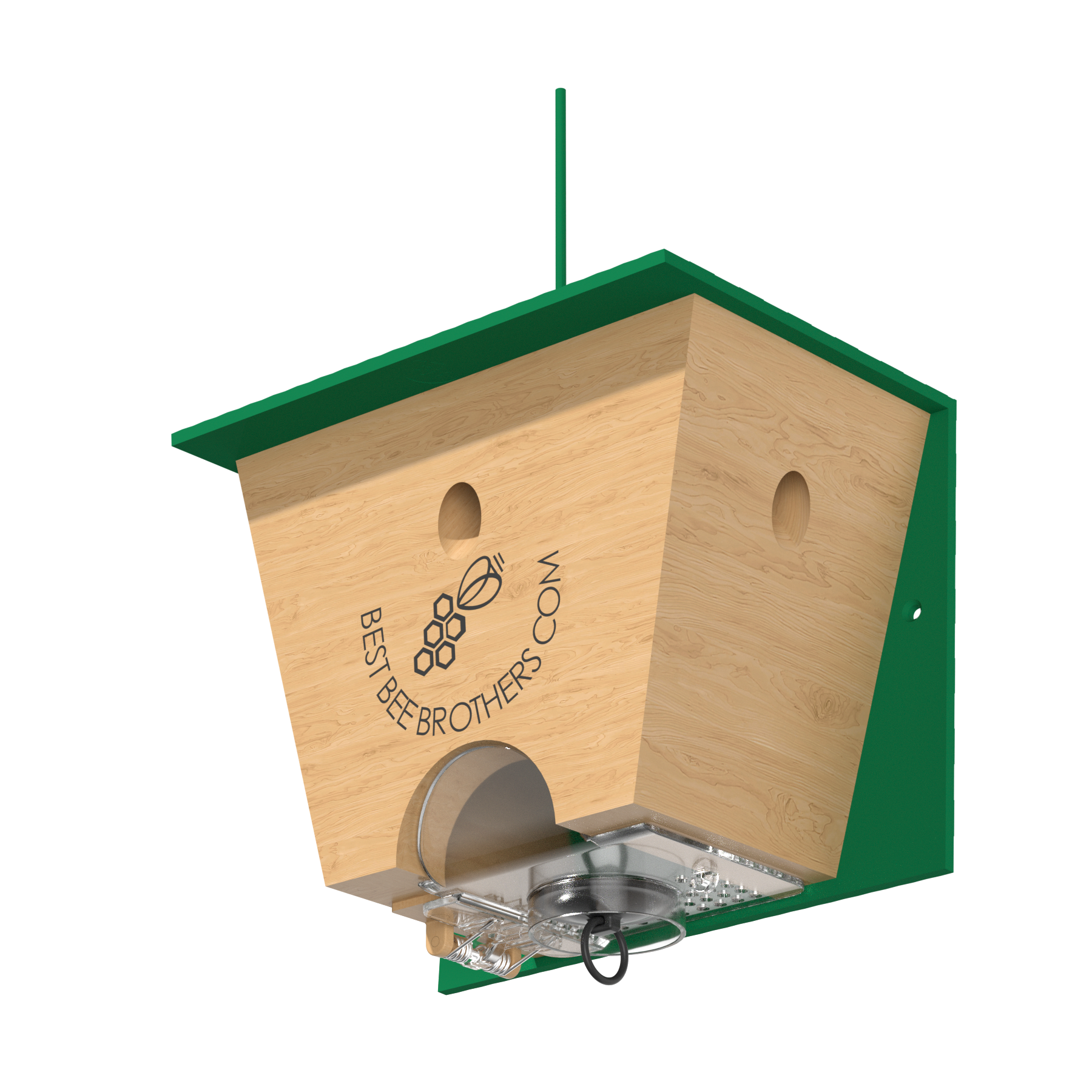
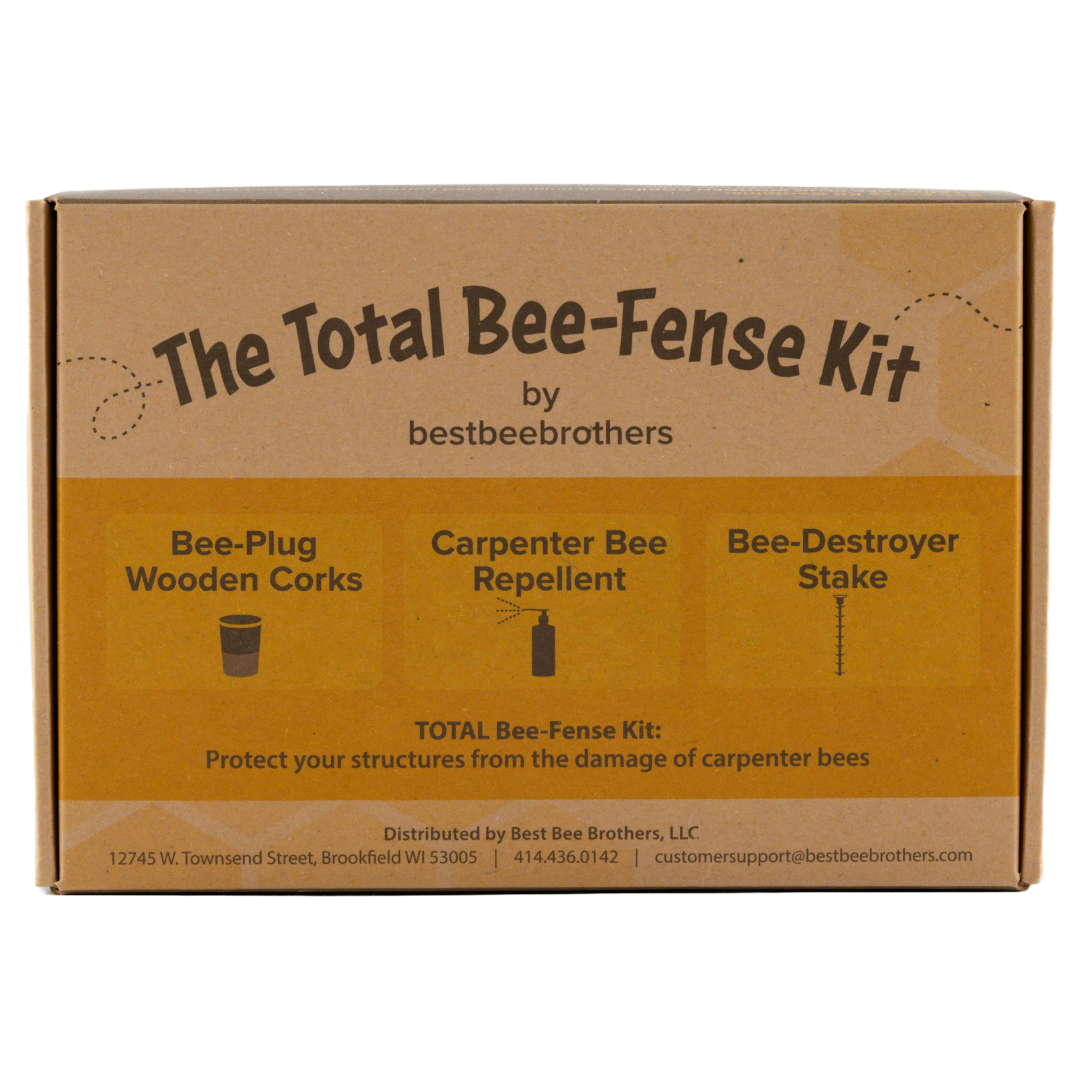
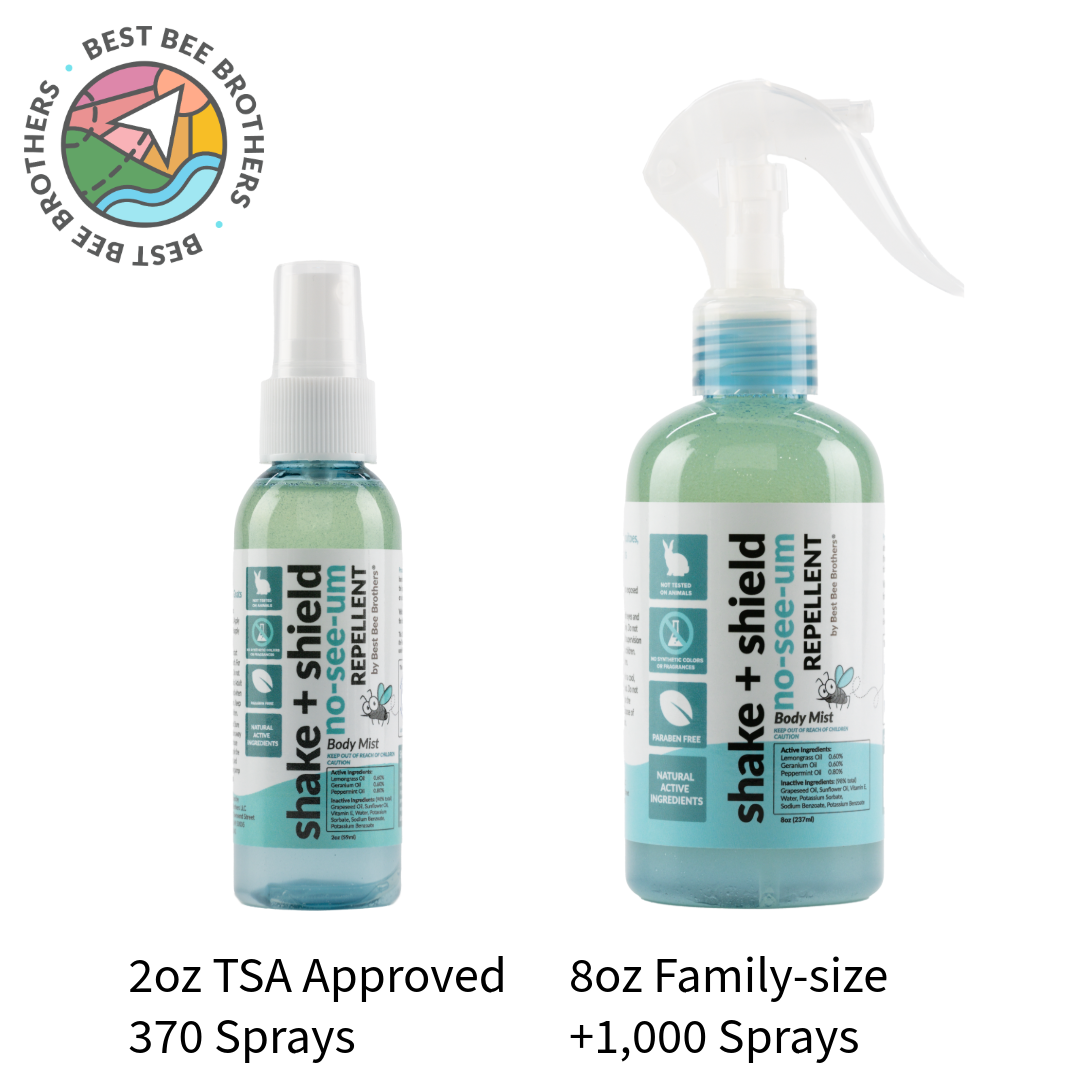
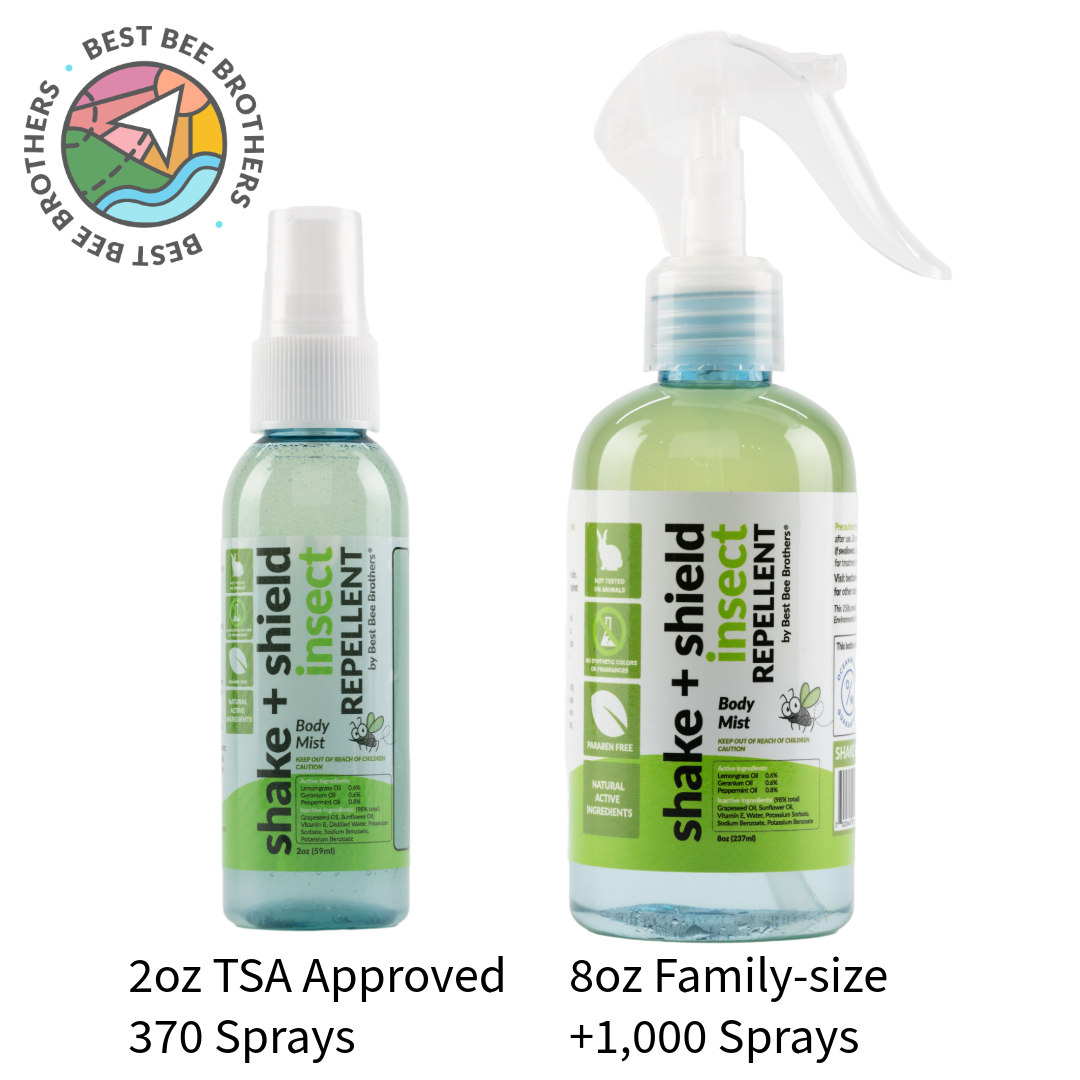
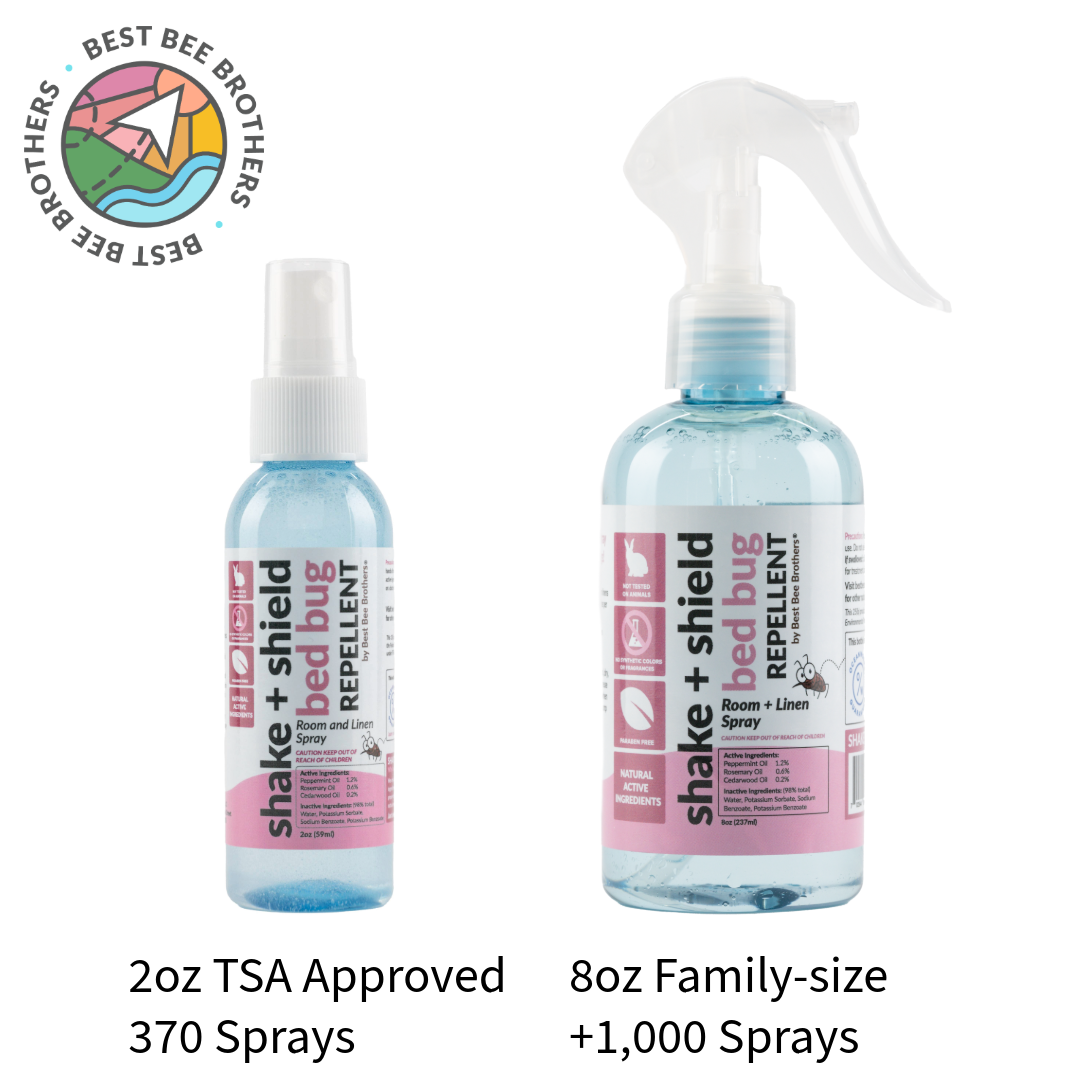
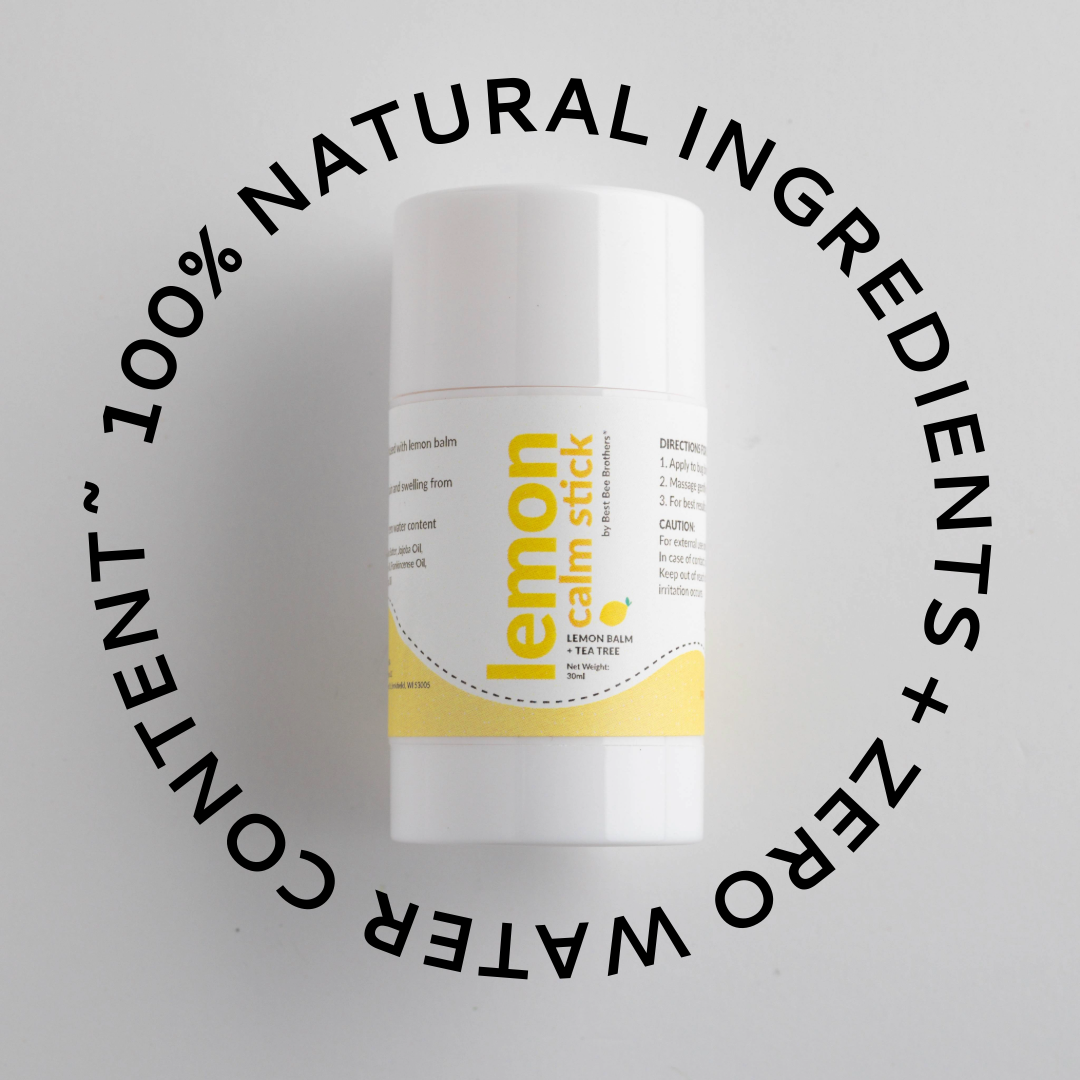
Leave a comment
All comments are moderated before being published.
This site is protected by hCaptcha and the hCaptcha Privacy Policy and Terms of Service apply.